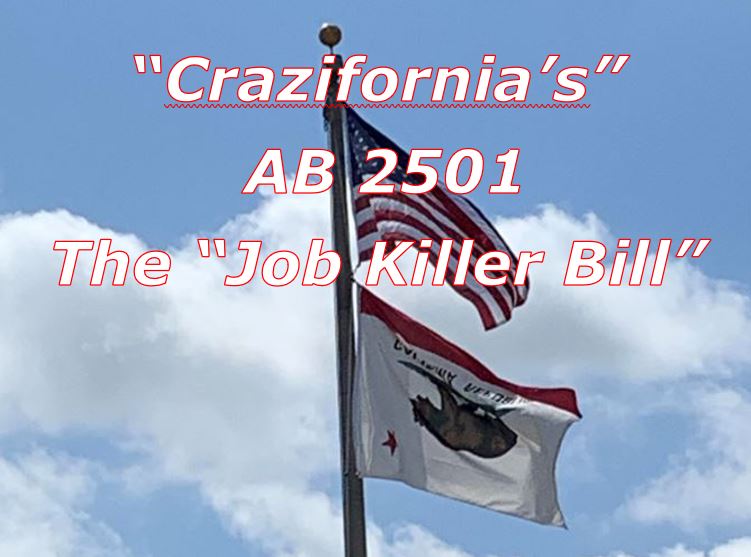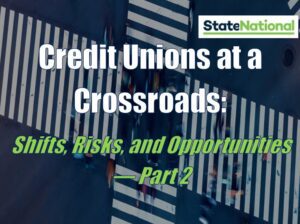
No Self-Help Repossession or Foreclosure until after January 1, 2023
Sacramento, CA – 11 June, 2020 – Sitting by the PC listening to the hours of voting on the state Assembly floor, it was late afternoon and just three items before being brought to the California State Assembly, when Assemblywoman Limon pulled the bill from the vote. The status was changed to it being a “Suspense File”, from what I had heard and is not shown on the bill’s status on the state’s website. But what really changed, was the bill itself, which has been very heavily amended, and not in a more reasonable manner.
Regarding the status, if it is indeed a “Suspense File”, according to the state assembly website;
“Suspense File bills are then considered at one hearing after the state budget has been prepared and the committee has a better sense of available revenue. No testimony is presented – author or witness – at the Suspense File hearing.”
Considering this bill has no state budget expenses that I can think of, the lack of requirement for open debate on the bill appears to be the only reason for this strategic move. Assemblywoman Limon appears to be uncomfortable discussing this publicly.

Author of AB 2501 and Chair of the State Assembly Finance and Banking Committee
Suspense status or not, judging by the prevailing attitude and temperament of the Assembly, this bill still stands a strong chance of passing through a simple vote of 41 of the 61 Democratic seats, many of which already voted in favor of it in the lower committees.
The state budget deadline is June 15th. The deadline for a vote on this bill is June 19th. This date range is consistent with what had been suggested by two sources as the probable window for a vote.
Regarding the amendments to the bill, they are substantial and double down on the “covered period” from 180 days following the emergency, to a specific date, January 1, 2023!
Read the Entire Amended Bill Here!
3273.30.
A Except as provided in Section 3273.31, a servicer of vehicle-secured credit may not take any action to use self-help to repossess the mobilehome or motor vehicle that secures a loan during the COVID-19 emergency and for the 180-day period following that emergency, vehicle-secured credit obligation pursuant to paragraph (2) of subdivision (b) of Section 9609 of the California Commercial Code, including providing a verbal or written notice of intent to repossess the mobilehome or motor vehicle. vehicle, until January 1, 2023. This provision shall not prohibit a servicer of vehicle-secured credit from proceeding to take possession of collateral pursuant to judicial process under paragraph (1) of subdivision (b) of Section 9609 of the California Commercial Code.
To make this easier to read, here’s the clean version;
“a servicer of vehicle-secured credit may not take any action to use self-help to repossess the mobilehome or motor vehicle that secures a vehicle-secured credit obligation pursuant to paragraph (2) of subdivision (b) of Section 9609 of the California Commercial Code, including providing a verbal or written notice of intent to repossess the mobilehome or motor vehicle, until January 1, 2023.”
Yes, that says January 1, 2023. The above section bans self-help repossession for basic delinquency reasons (non-payment) until January 1, 2023, but allows judicial repossession (replevin, claim and delivery). As long as that takes now, it would probably be 2023 before most cases would make it through the courts after the backlog this would create.
There is, however, a bright spot below, as it pertains to insurance lapses and impounds, but only after accruing 30 days storage!
3273.31.
(a) A servicer of vehicle-secured credit may proceed with self-help repossession pursuant to paragraph (2) of subdivision (b) of Section 9609 of the California Commercial Code if any of the following apply:
(1) The consumer is in default for failure to maintain required insurance for the collateral.
(2) The collateral has been impounded for more than 30 days.
(3) The servicer of vehicle-secured credit complies with subdivisions (c) to (e), inclusive.
Additional amendments were made to the requirements for “no questions asked” loan modifications and forbearances to home loans and mortgages as well extending the non-judicial foreclosure period to the same “Magical Date” of January 1, 2023.
AB 2501, titled “the COVID-19: homeowner, tenant, and consumer relief Law of 2020” , has been opposed by every major bank, credit union, finance and auto sales association in the state and has thus far been able to move through the first two lower committees with relative ease.
The California Credit Union League, a long-time beneficiary and supporter of the state’s Democratic Party, has rolled out massive grass roots efforts to defeat this bill. From CEO’s all the way down to tellers, credit union staff have been reaching out to the state Assemblypersons to express their concerns over this “Job Killer” bill just over the last few days.
The bill, drafted by California House Banking and Finance Committee Assemblywoman and Committee Chair, Monique Limon (D) of Santa Barbara and introduced on May 11th, is receiving heavy opposition from the California Chamber of Commerce, American Bankers Association (ABA), American Financial Services Association (AFSA), Bank Policy Institute (BPI), Credit Union National Association (CUNA), Housing Policy Council (HPC), Mortgage Bankers Association (MBA) and the Securities Industry and Financial Markets Association (SIFMA.)
While not at all pleased with the revisions to this bill, the pause provides valuable time for additional grassroots and lobbying efforts to stop this “Job Killer” bill.
Please contact your local state assemblyperson and voice your strong opposition to this bill. Credit opportunity for the general public and thousands of jobs rely on it.
Find Your Assemblyperson Here!
P.S. “Crazifornia!” is mine! I’m trademarking it. “Califorbearance” too! – KA










